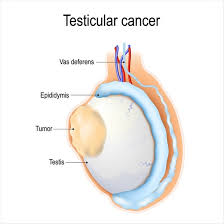 What is testicular cancer? The testicles are some of the most important parts of the body, as they house most of the male hormones. They also produce testosterone, which is responsible for the development of all male reproductive organs and other physical characteristics. This makes the threat of testicular cancer all the more worrying, as this condition can have a serious impact on your life.
What is testicular cancer? The testicles are some of the most important parts of the body, as they house most of the male hormones. They also produce testosterone, which is responsible for the development of all male reproductive organs and other physical characteristics. This makes the threat of testicular cancer all the more worrying, as this condition can have a serious impact on your life.
Testicular cancer occurs within the testicles located inside the scrotum, the scrotum being the loose bag of skin beneath the penis. Now, compared to other types of cancer, testicular cancer is actually very rare. However, it is the most common form of cancer in American men between the ages of 15 and 35. But it is a highly treatable form of cancer, even if it has spread a little further than the testicles.
Causes of Testicular Cancer
Testicular cancer is a very tricky subject when it comes to its causes. It is not exactly clear what causes the condition, but doctors do know that cancer within the testicles only occurs when its healthy cells alter in some way. In most normal cases, the cells in your body develop and divide in an orderly way, which keeps your body functioning properly. But some cells can develop abnormalities leading to them dividing at an unprecedented rate. So, when the cells keep dividing even when there is no need for new cells, they accumulate into a mass inside the testicles.
Although most testicular cancers begin in the germ cells, medical professionals have yet to know what causes it to be so. It is possible that testicular cancer is the cause of your prior ailments.
Symptoms of Testicular Cancer
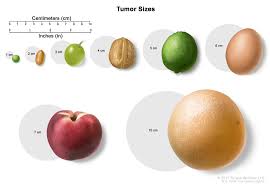 Even if you don’t know exactly how you would get testicular cancer in the first place, the threat of testicular cancer for children and men between the ages of 15 and 35 is very real. So, instead of focusing on how you got it, you should focus more on finding out if you have it. Lucky for you, testicular cancer has a few very recognizable symptoms that can help you find out if something is wrong. These symptoms include:
Even if you don’t know exactly how you would get testicular cancer in the first place, the threat of testicular cancer for children and men between the ages of 15 and 35 is very real. So, instead of focusing on how you got it, you should focus more on finding out if you have it. Lucky for you, testicular cancer has a few very recognizable symptoms that can help you find out if something is wrong. These symptoms include:
- Heaviness in the scrotum
- Back pain
- Pain in the testicles, scrotum, or abdomen
- A lump in either one of the testicles
- Fluid suddenly entering the scrotum
While you may see back pain as a rather generic symptom, a lump on your testicles can never be a good sign.
Risks of Testicular Cancer
Even though testicular cancer doesn’t discriminate and can happen to any man at any age, people with certain factors are a lot more susceptible to getting this condition. Age is a major factor, as males between the age of 15 and 35 are a lot more susceptible to contracting testicular cancer. Other factors that increase the risk of getting testicular cancer include your family history and abnormal testicular development. However, the most pressing factor is an undescended testicle. Men, whose testicles did not descend normally or descended at a very young age, are at a much higher risk of having testicular cancer.
Conclusion
Testicular cancer is a very serious disease that, regardless of its ease of treatment and straightforward symptoms, can be very dangerous for you. And even if you can’t seem to spot the symptoms yourself, there is nothing that a quick visit to a urologist won’t show you.
If you are looking for a urologist, visit our website to learn more about the condition and its treatments.
FIFTH AVENUE UROLOGY
212-675-3186
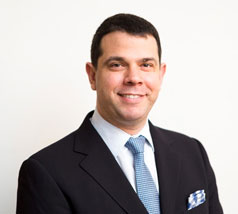 Dr. Larish is a urologist and surgeon treating women and men with a variety of urological conditions. His expertise is in treating complex kidney stones, enlarged prostates (BPH), incontinence, erectile dysfunction, infertility, and urological oncology (prostate, bladder, kidney, and adrenal cancers). He is an expert in general urology and is often consulted for second opinions.
Dr. Larish is a urologist and surgeon treating women and men with a variety of urological conditions. His expertise is in treating complex kidney stones, enlarged prostates (BPH), incontinence, erectile dysfunction, infertility, and urological oncology (prostate, bladder, kidney, and adrenal cancers). He is an expert in general urology and is often consulted for second opinions.




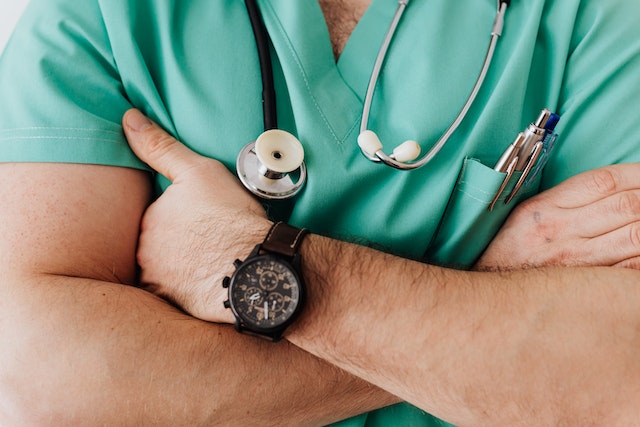
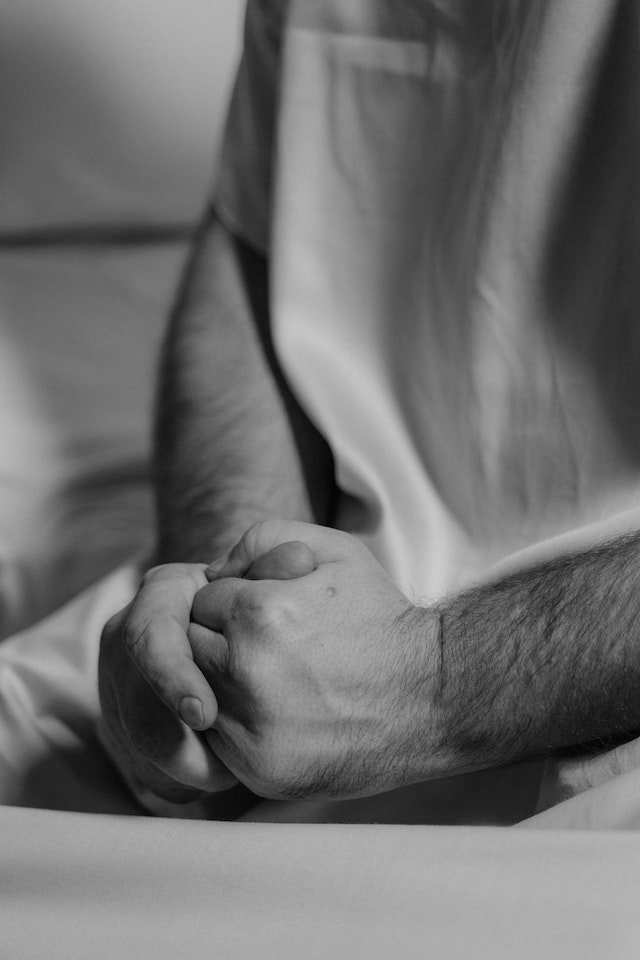 Treatment Options
Treatment Options What is testicular cancer? The testicles are some of the most important parts of the body, as they house most of the male hormones. They also produce testosterone, which is responsible for the development of all male reproductive organs and other physical characteristics. This makes the threat of testicular
What is testicular cancer? The testicles are some of the most important parts of the body, as they house most of the male hormones. They also produce testosterone, which is responsible for the development of all male reproductive organs and other physical characteristics. This makes the threat of testicular  Even if you don’t know exactly how you would get testicular cancer in the first place, the threat of testicular cancer for children and men between the ages of 15 and 35 is very real. So, instead of focusing on how you got it, you should focus more on finding out if you have it. Lucky for you, testicular cancer has a few very recognizable symptoms that can help you find out if something is wrong. These symptoms include:
Even if you don’t know exactly how you would get testicular cancer in the first place, the threat of testicular cancer for children and men between the ages of 15 and 35 is very real. So, instead of focusing on how you got it, you should focus more on finding out if you have it. Lucky for you, testicular cancer has a few very recognizable symptoms that can help you find out if something is wrong. These symptoms include: